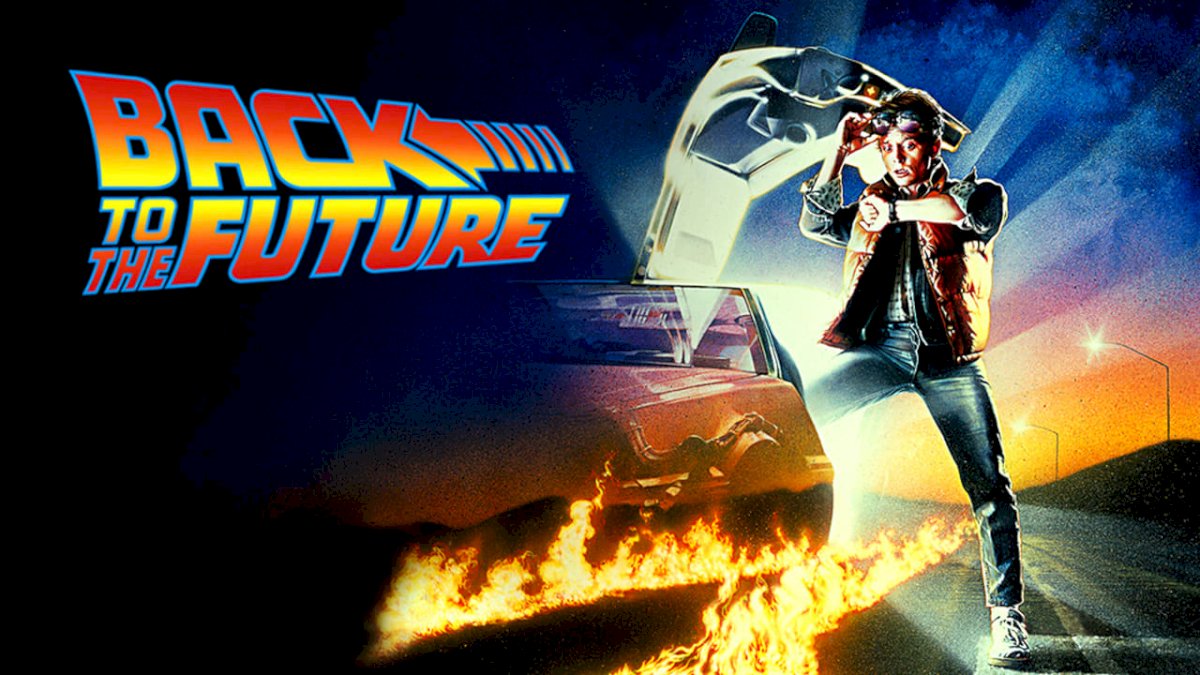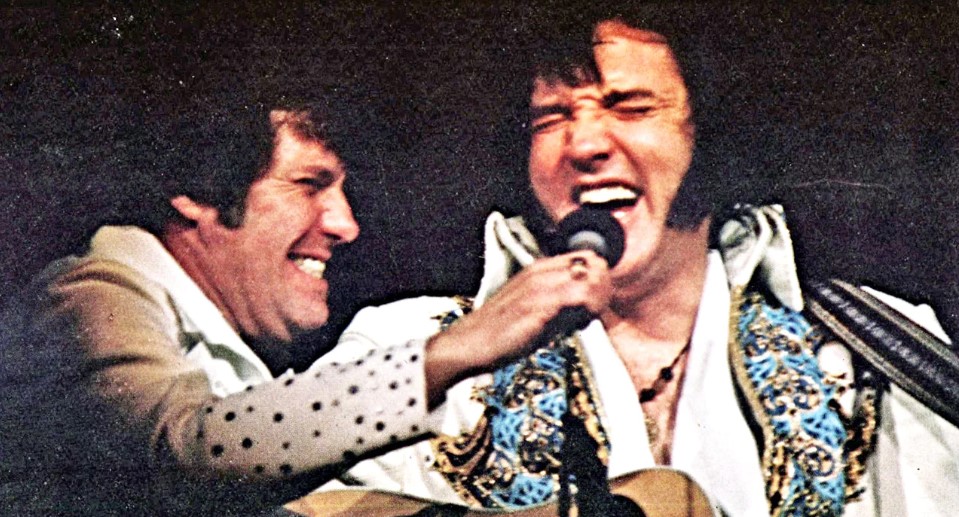In the world of classic television, few shows hold a place as significant and enduring as "Good Times." A spinoff of "Maude," itself a spinoff of "All in the Family," "Good Times" made its debut on February 8, 1974, and quickly became a cultural touchstone. The show, created by Eric Monte and Mike Evans, was more than just a sitcom; it was a groundbreaking series that addressed critical social issues while delivering laughter and unforgettable characters. In this article, we will explore the cultural impact, memorable characters, and enduring legacy of "Good Times."

Plot and Setting

"Good Times" centered around the Evans family, a working-class African-American family living in the fictional housing project of Cabrini-Green in Chicago. James Evans Sr. (played by John Amos) is the hardworking father who holds multiple jobs to support his family. His wife, Florida (played by Esther Rolle), is a strong and loving mother who works as a housekeeper.

The couple has three children: J.J. (played by Jimmie Walker), an aspiring artist known for his catchphrase "Dy-no-mite!"; Thelma (played by BernNadette Stanis), the level-headed and ambitious daughter; and Michael (played by Ralph Carter), the youngest and most politically aware member of the family.
The Social Context

"Good Times" debuted during a time of social and political upheaval in the United States. The 1970s saw ongoing struggles for civil rights, the end of the Vietnam War, and a growing awareness of issues such as poverty, racism, and inequality. Against this backdrop, "Good Times" sought to depict the realities and challenges faced by African-American families living in urban areas, shedding light on the issues of poverty, unemployment, and racial discrimination.
The Evolution of the Show
"Good Times" began as a spin-off of "Maude," a sitcom that aired from 1972 to 1978 and was also produced by Norman Lear. Florida Evans, the housekeeper on "Maude," was the only character carried over to "Good Times." The original concept for "Good Times" was more focused on the Evans family's struggles with poverty and living conditions.
However, as the show progressed, the character of J.J. became the breakout star, and the focus shifted to his comedic antics. J.J.'s catchphrase "Dy-no-mite!" became iconic, and the show embraced a more lighthearted and comedic tone while still addressing serious social issues.
Humor and Social Commentary

"Good Times" struck a delicate balance between humor and social commentary. The show tackled pressing issues such as racism, unemployment, crime, and education while using humor as a vehicle to engage audiences in meaningful conversations about these topics.

One of the show's strengths was its ability to use comedy to address difficult subjects without trivializing them. The laughter elicited by J.J.'s comedic moments served as a gateway to discussing more profound issues facing African-American communities at the time.
Representation and Positive Role Models

"Good Times" was one of the first sitcoms to portray an African-American family as the central characters and showcase their daily lives. The show provided representation and positive role models for African-American viewers who had not seen themselves reflected on television in such a significant way before.

The character of James Evans Sr., as the hardworking and loving patriarch of the family, served as a positive role model for African-American fathers. Florida Evans, as the strong and supportive matriarch, represented the resilience and determination of African-American mothers.
J.J. A Complex Character

While "Good Times" aimed to portray realistic African-American family dynamics, the character of J.J. received mixed reactions from viewers and critics. Some appreciated his comedic flair and charisma, while others felt that his buffoonery perpetuated negative stereotypes.
Despite the controversy, J.J. also had moments of depth and complexity. He was shown to be a talented artist with aspirations for success beyond the confines of his neighborhood. The character's struggles with ambition, identity, and the expectations of his family added depth to the portrayal of a young African-American man during that era.
Crossover Episodes and Guest Stars

"Good Times" was part of a larger television universe known as the "Learverse," which included other Norman Lear-produced sitcoms like "All in the Family," "The Jeffersons," and "Maude." The show featured crossover episodes with these other series, creating a cohesive fictional world in which characters from one show could appear on another.

The show also featured notable guest stars, including acclaimed African-American actors such as Cleavon Little, Richard Pryor, and Janet Jackson.
Dealing with Controversial Topics

"Good Times" was not afraid to tackle controversial and sensitive topics. One notable episode, titled "The Evans Get Involved: Part 1 and Part 2," addressed the issue of vigilante justice and racial tension after James Evans was wrongfully accused of a crime. The two-part episode was met with critical acclaim for its powerful depiction of racism and its consequences.
Behind-the-Scenes Struggles
Despite its success and cultural significance, "Good Times" faced some challenges behind the scenes. Actress Esther Rolle, who played Florida Evans, was reportedly critical of the show's direction and the portrayal of the character J.J. She felt that the comedic elements overshadowed the serious social issues that the show had initially set out to address.
In response to these concerns, Esther Rolle left the show after the fourth season, as did John Amos, who played James Evans Sr. The show continued for two more seasons without them but faced declining ratings and ultimately ended in 1979.
Legacy and Cultural Impact

"Good Times" made a lasting impact on television and popular culture. The show's portrayal of African-American family life and its willingness to address important social issues set a precedent for future sitcoms featuring diverse casts and addressing relevant topics.
The character of J.J. became an iconic figure in pop culture, and his catchphrase "Dy-no-mite!" remains one of the most recognizable catchphrases in television history.
Continuing Relevance
While "Good Times" was set in the 1970s, many of the social and economic issues it addressed still resonate today. The themes of poverty, systemic racism, and the pursuit of the American Dream continue to be relevant topics of discussion in contemporary society.
The show's emphasis on family values, resilience, and the importance of community has also left a lasting impact on audiences. "Good Times" reminds viewers of the power of family support and unity in the face of adversity.
Conclusion
"Good Times" was more than just a sitcom; it was a reflection of the African-American experience in the 1970s, as well as a vehicle for addressing significant social issues. Through its humor and social commentary, the show touched the hearts of millions of viewers and provided representation and positive role models for African-American families.
While the show faced criticism and challenges, its cultural significance and impact on television history cannot be overstated. "Good Times" remains a milestone in the evolution of African-American representation on television and continues to be celebrated as a trailblazing and beloved sitcom that has left an enduring legacy on American television and popular culture.

